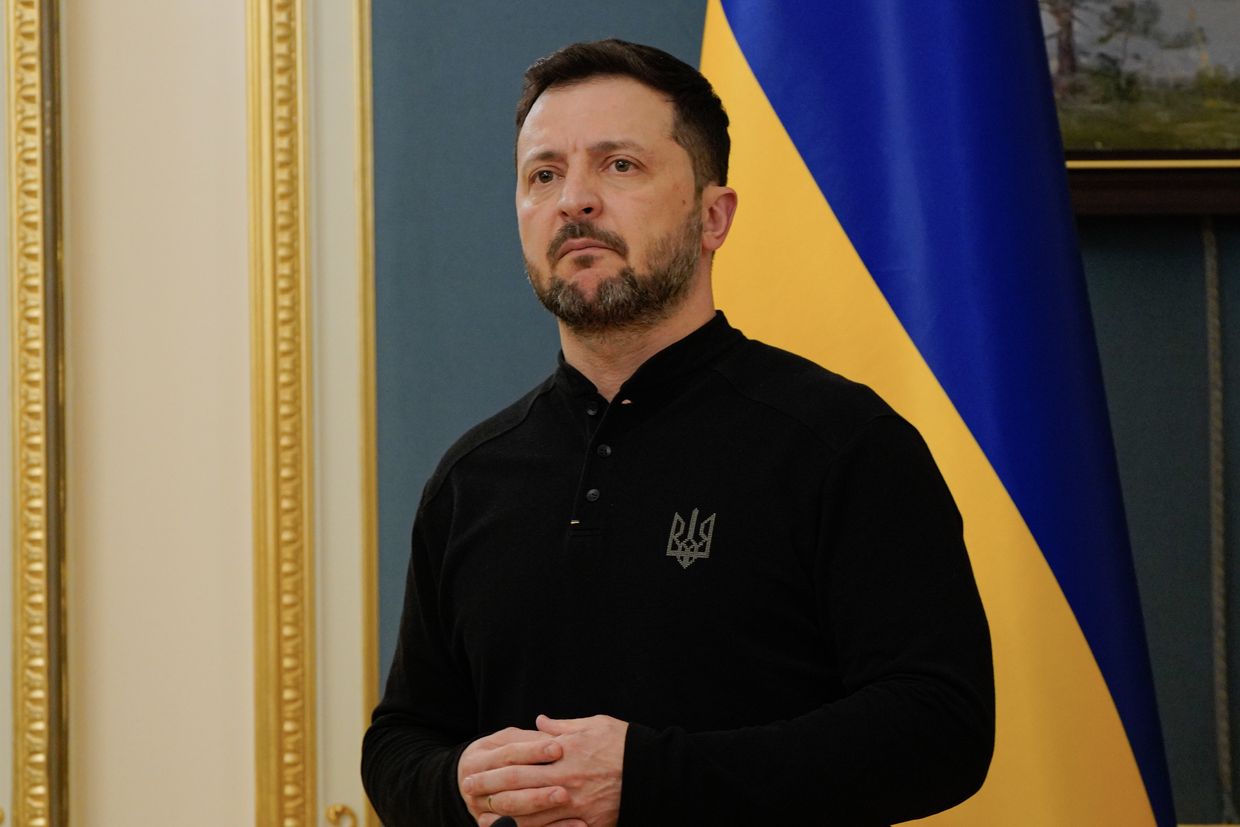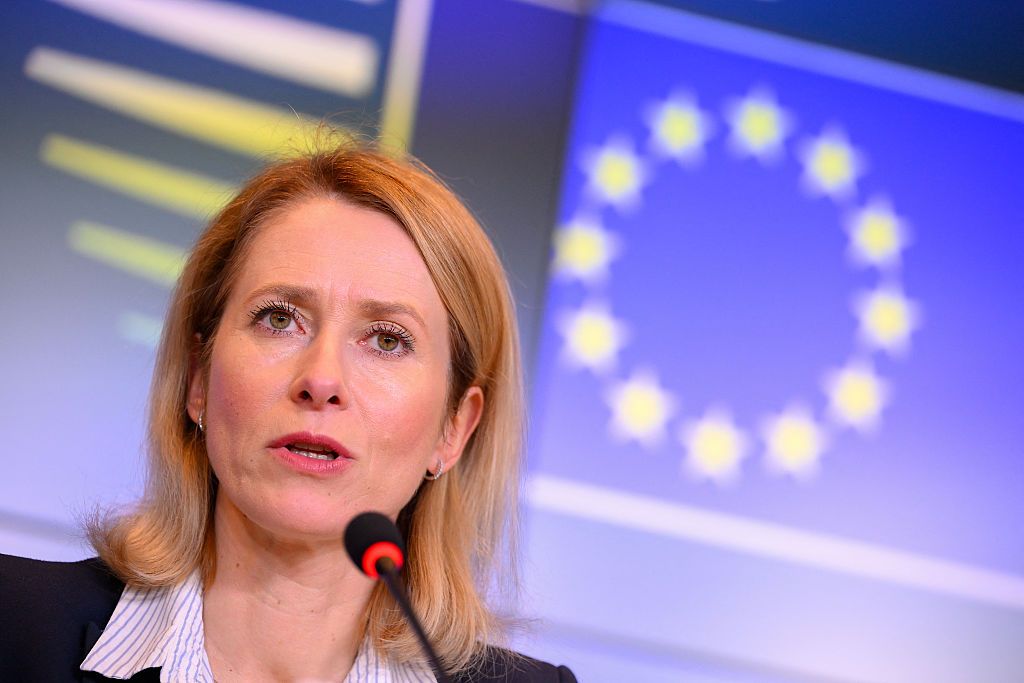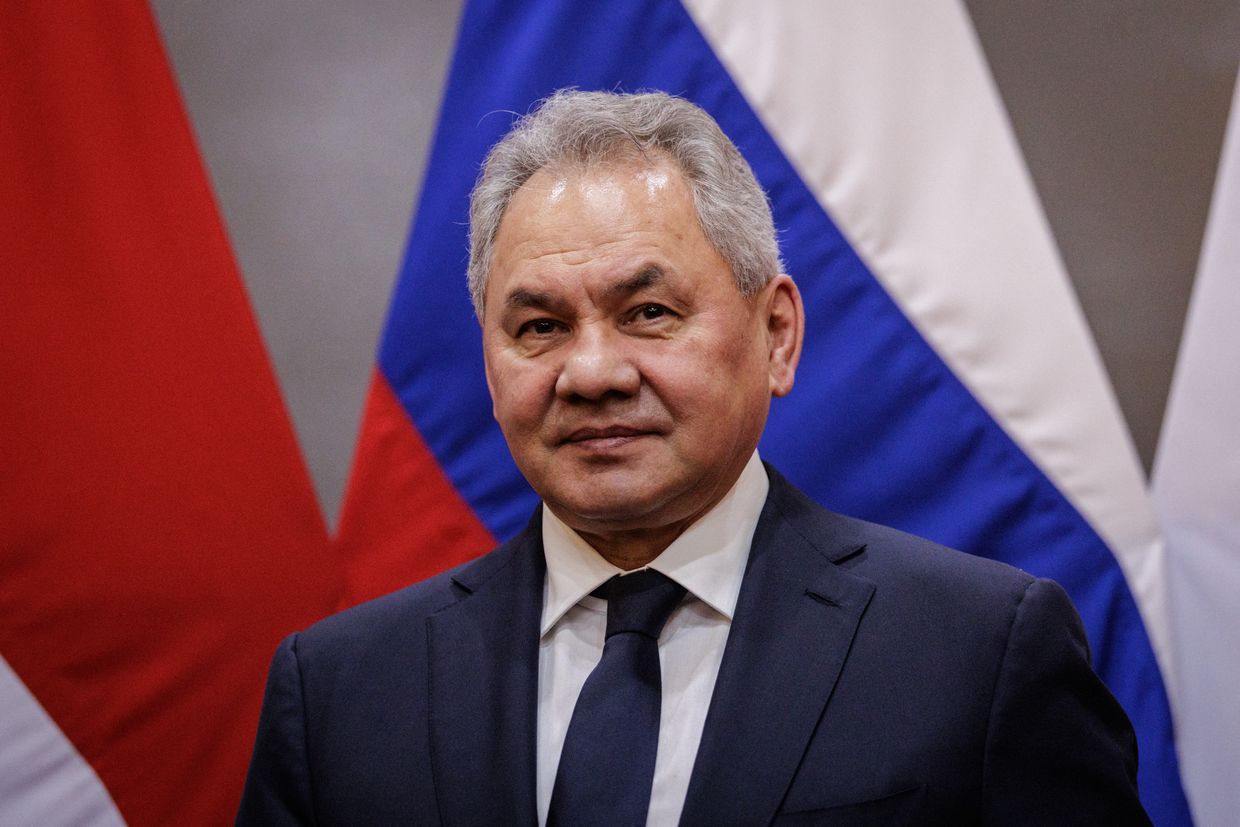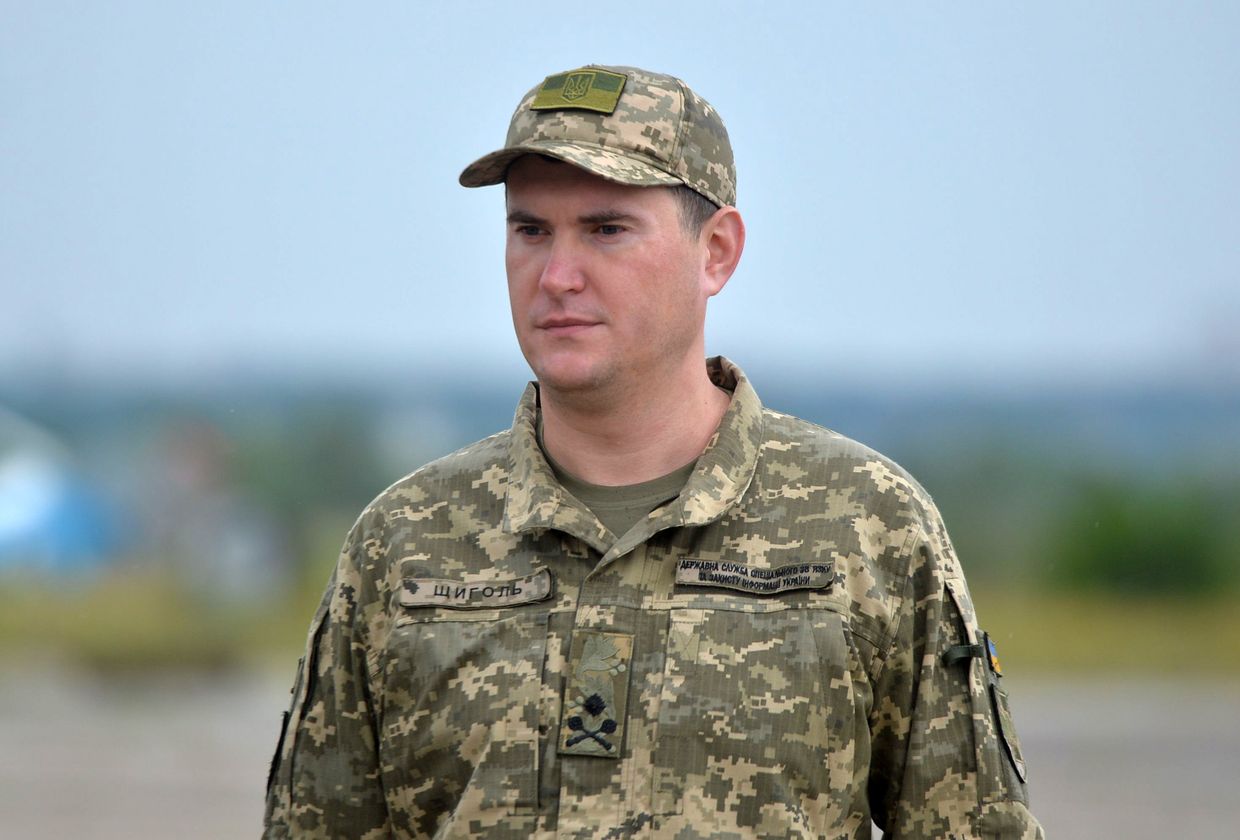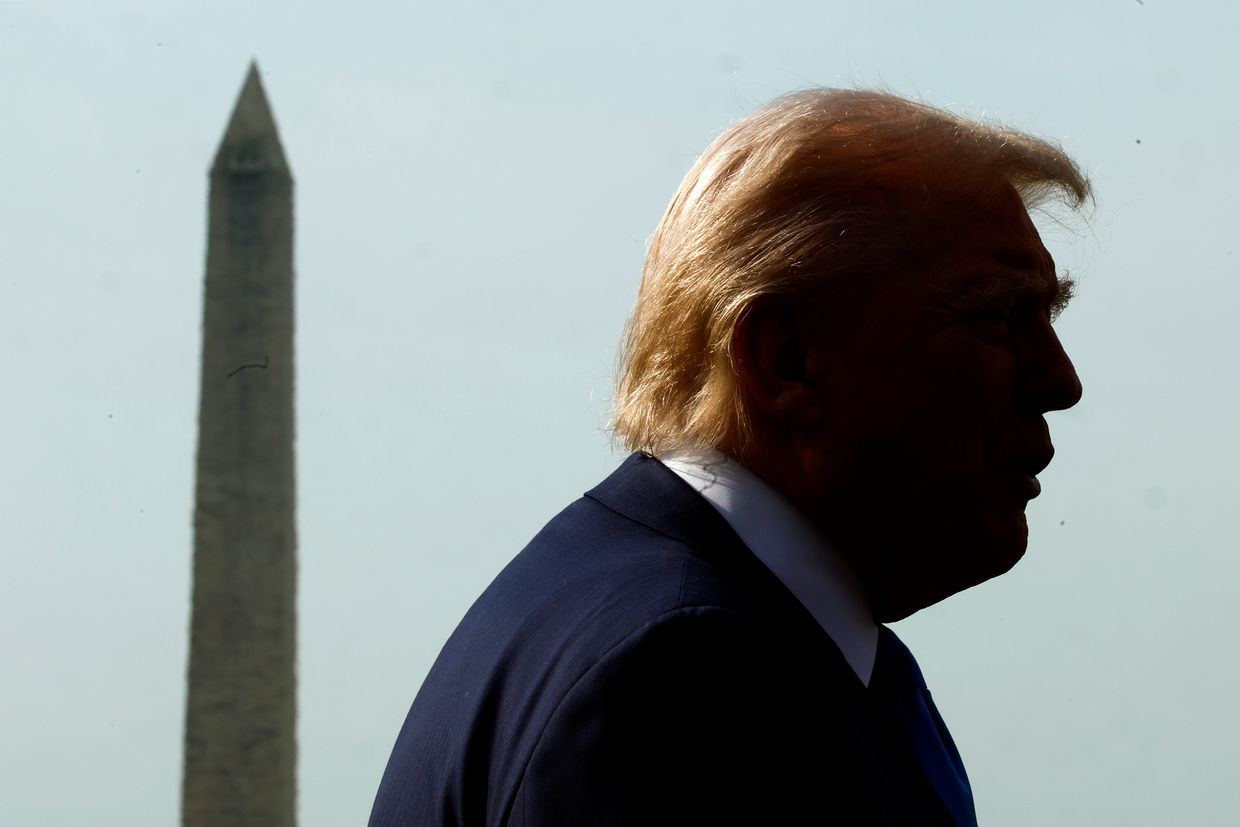The European Union will not recognize Russia's annexation of Crimea under any circumstances, EU’s top diplomat Kaja Kallas said on April 30 in an interview with the Financial Times.
Her remarks come amid growing concern that the Trump administration is pressuring Ukraine to accept a peace deal requiring concessions and paving the way for renewed ties with Russia.
Previously, Axios reported that the peace plan suggested by U.S. President Donald Trump included de jure recognition of Russia's control over Crimea, along with de facto recognition of its occupation of other Ukrainian territories. It also provided for lifting sanctions imposed on Russia since 2014.
"On the European side, we have said this over and over again… Crimea is Ukraine," Kallas said. "But we can't speak for America, of course, and what they will do."
Kallas said the EU is also drawing up a "plan B" to maintain economic sanctions on Russia in case the Trump administration pulls out of Ukraine peace negotiations and moves to restore ties with Moscow. Plan A, according to Kallas, may be threatened by Hungary, which can block the rollover of EU economic sanctions in July.
The EU's top diplomat said the main goal is still to keep all EU countries united. She admitted some governments are quietly considering following the U.S. if it pulls back from supporting Ukraine.
"But it's also a false hope, because if you look at Russia that is investing more than 9 per cent of its GDP on the military, they will want to use it again," she noted.
Kallas said the EU could help Ukraine financially if the U.S. pulls back, but admitted it would be much harder to replace American military support.
She added that Europe is still trying to work with the U.S. and convince Washington that it's also in America's interest to make sure Russia doesn't win the war.
Trump, who promised a quick resolution to the war early in his presidency, has yet to broker a deal as both Kyiv and Moscow resist key elements of Washington's proposals. It has been almost two months since Ukraine accepted a U.S.-proposed 30-day ceasefire first introduced in March by American president. Moscow rejected the plan, demanding a complete halt to Western military aid to Ukraine.
Despite claiming to support de-escalation, Russia has continued offensive operations along the front lines. Meanwhile, a separate partial ceasefire covering Ukraine's energy infrastructure, brokered during a March 18 call between Russia's President Vladimir Putin and Trump, was also repeatedly violated.
Speaking to journalists during a visit to India on April 23, U.S. Vice President JD Vance said that unless Russia and Ukraine agree to the peace proposals, the U.S. will walk away from the talks.
